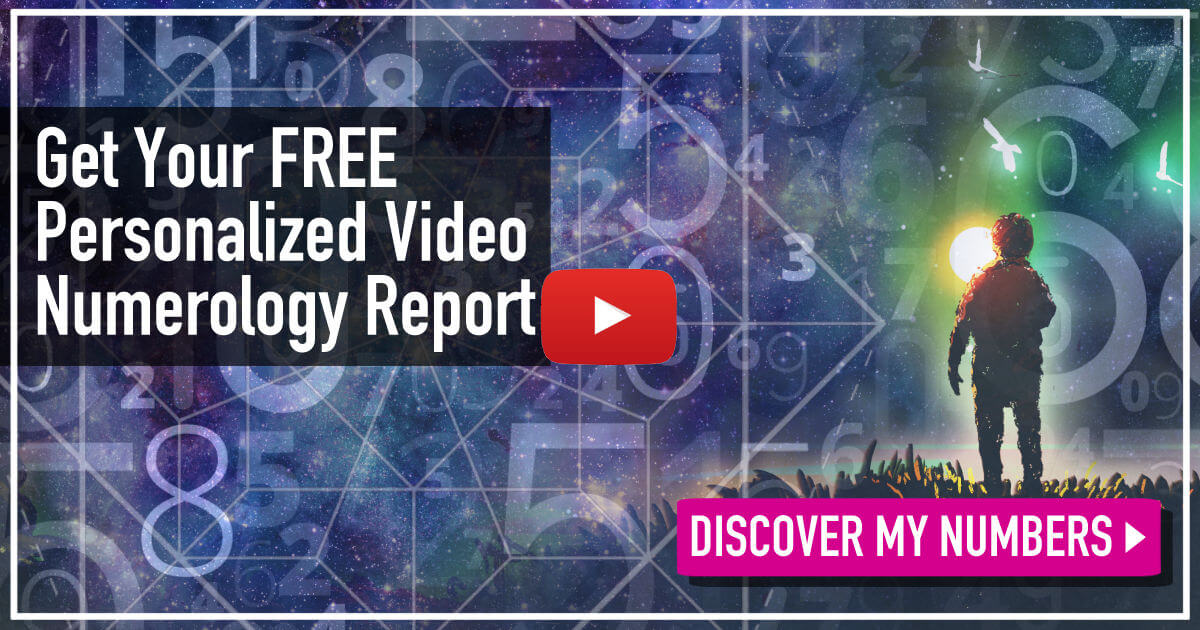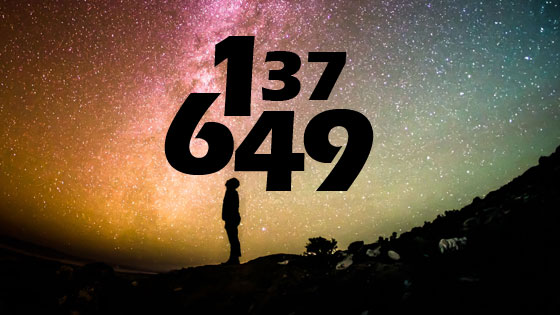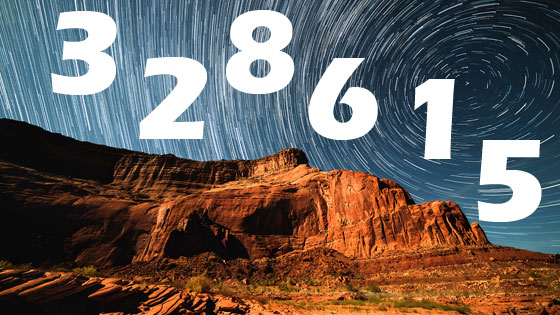Numerology relates everything in life to numbers.
The numbers do not only hold meaning but they also have a spiritual value.
When explained in simple terms, numerology is the relationship that exists between a number and how it can affect your life.
But if you want to truly understand the subject, you need to know the history of numerology.
The history will help you to understand how important numerology is in your day-to-day life.
 Who is the father of numerology?
Who is the father of numerology?
The history behind numerology dates back thousands of years ago when civilizations started growing.
Egypt and Babylon are the two places which are till date considered to be the birthplace of numerology.
But when it comes to the father of numerology, it is Pythagoras who is always referred to.
He is known even today for his unending contributions to the world of mathematics and every school student of today’s world knows his name.
A brief history of numerology would show you how the philosophers of his era believed that there is a higher mystical connection of numbers to the fate of human beings.
When Pythagoras was in his middle age, he opened a school.
This school was opened in quite a secretive manner and Pythagoras did not teach basic mathematics there.
Instead, he divulged deeper into the world of mathematics and taught his students everything about the underlying principles.
He had this idea in his mind that everything that is present in the world or even the entire universe could be expressed in terms of numbers.
Thus, he began his studies on numerical relationships.
It is not Pythagoras who actually created numerology but his studies were used as a base by several other philosophers of that age.
Those philosophers expanded the research and came up with the concept of numerology.
If you still want to know who invented numerology to be precise, then read on to find out.
 How did numerology come about?
How did numerology come about?
Numerology is basically of three different types and each of these types and their origin are explained below –
- Kabbalic – Having its actual origin in Hebrew mysticism, this type of numerology is usually implemented when you want to interpret names. There are 22 vibrations which are nothing but an extended form of the Hebrew alphabets. But then later one, they were used in the Roman and Greek alphabet systems as well. Back in the 13th century, the followers of Kabbalic numerology were of the belief that the Old Testament was a secret code set by God. They had deciphered this code with the help of the concepts of numerology.
- Chaldean – This type of numerology was introduced for the first time in Mesopotamia. Western Astrology is also said to have been invented in Mesopotamia. This type of numerology systems is very closely related to the Vedic system that is present in India. The Chaldean system states that every individual letter has its own inherent vibration which is determined by its state of energy. According to this state, a number from 1 to 8 is assigned to the respective letters. There is also a number 9 which is not mixed or displayed with the other numbers. The number 9 is considered together with the other numbers only when it is the total sum result of the rest of the numbers. All of this is done because according to the legends of Chaldean numerology, the number 9 has a significant value and is also the most sacred number. According to studies, when single numbers are displayed in this form of numerology, it is used to depict the outer qualities of the person. In the same way, when you see double-digits, then that digit is used to explain the inner qualities of the person.
- Pythagorean – As already mentioned previously in this article, Pythagoras is called the father of numerology. It is said that in the 6th century BC he could even predict the occurrence of certain events just by using certain numbers. Based on the position of Greek alphabets in the entire sequence, the numbers were assigned accordingly. The numbers 1 and 9 state the preliminary vibrations while the numbers 11 and 22 are the major vibrations.
 What is a numerology portrait?
What is a numerology portrait?
Just like there is a natal chart in astrology, similarly, numerology has its own portrait.
This portrait will serve as the guiding star for your life.
Every portrait has six different numbers each of which has a different meaning.
Three of these numbers will be calculated from your birth date while the other three numbers will be decided from your name.
The names of these six numbers and what they mean are explained below –
- Soul’s urge – This number, as the name suggests, will be used to determine the factor or object which can satisfy your soul and make you happy.
- Power number – This number is to show how strong your character is.
- Personality number – You will get to know what your character is about from this number.
- Birthday Number – Your birthday number will determine what impression others form about you at first glance.
- Attitude Number – This number will determine what your thought or attitude towards life is.
- Life Path Number – This is the most important number among all others because it will determine the course of your life.
 What is the present scenario of numerology?
What is the present scenario of numerology?
Modern-day numerology is used to determine what the various incidents in your life mean.
This is often similar to the process of fortune telling.
Numerology, in today’s world, is also used in combination with other mysterious studies like astrology, geomancy, cartomancy and dream interpretation.
A single number can be interpreted to have different meanings and that is what numerology does.
It will explain to you what each of these numbers signifies.
It can depict your personality or even how your coming year is going to be.
So, if this subject of numerology is something that interests you and you want to spread the history behind numerology, share this post with your family and friends.
Let them know about the knowledge you have gained on numerology.
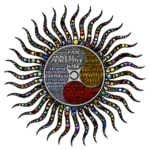
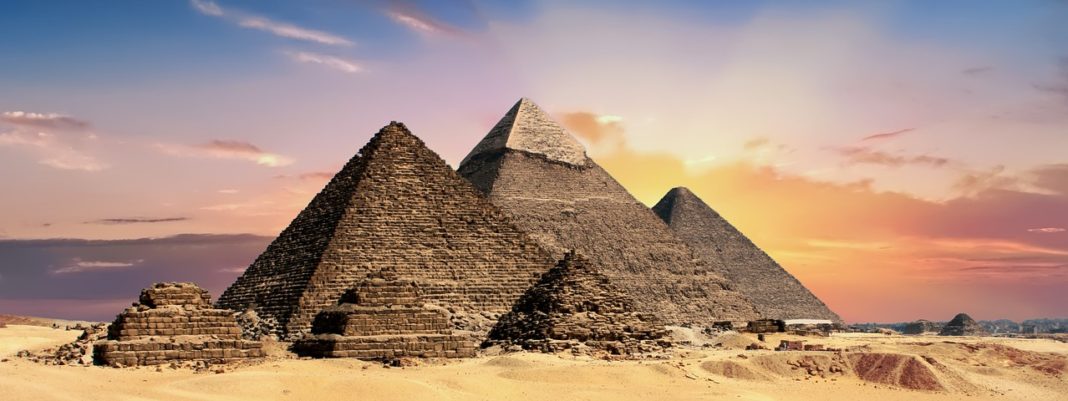

 Who is the father of numerology?
Who is the father of numerology? How did numerology come about?
How did numerology come about? What is a numerology portrait?
What is a numerology portrait?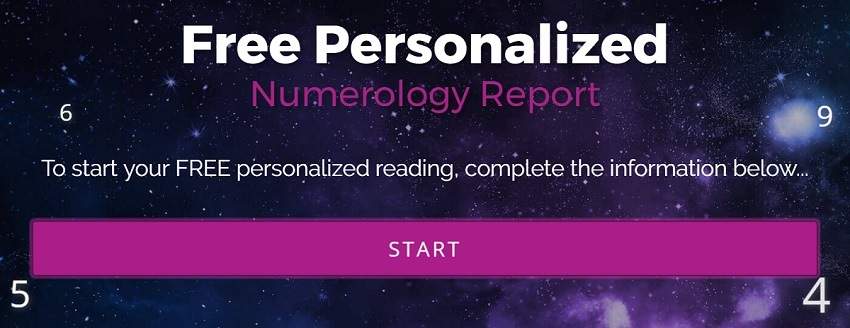
 What is the present scenario of numerology?
What is the present scenario of numerology?